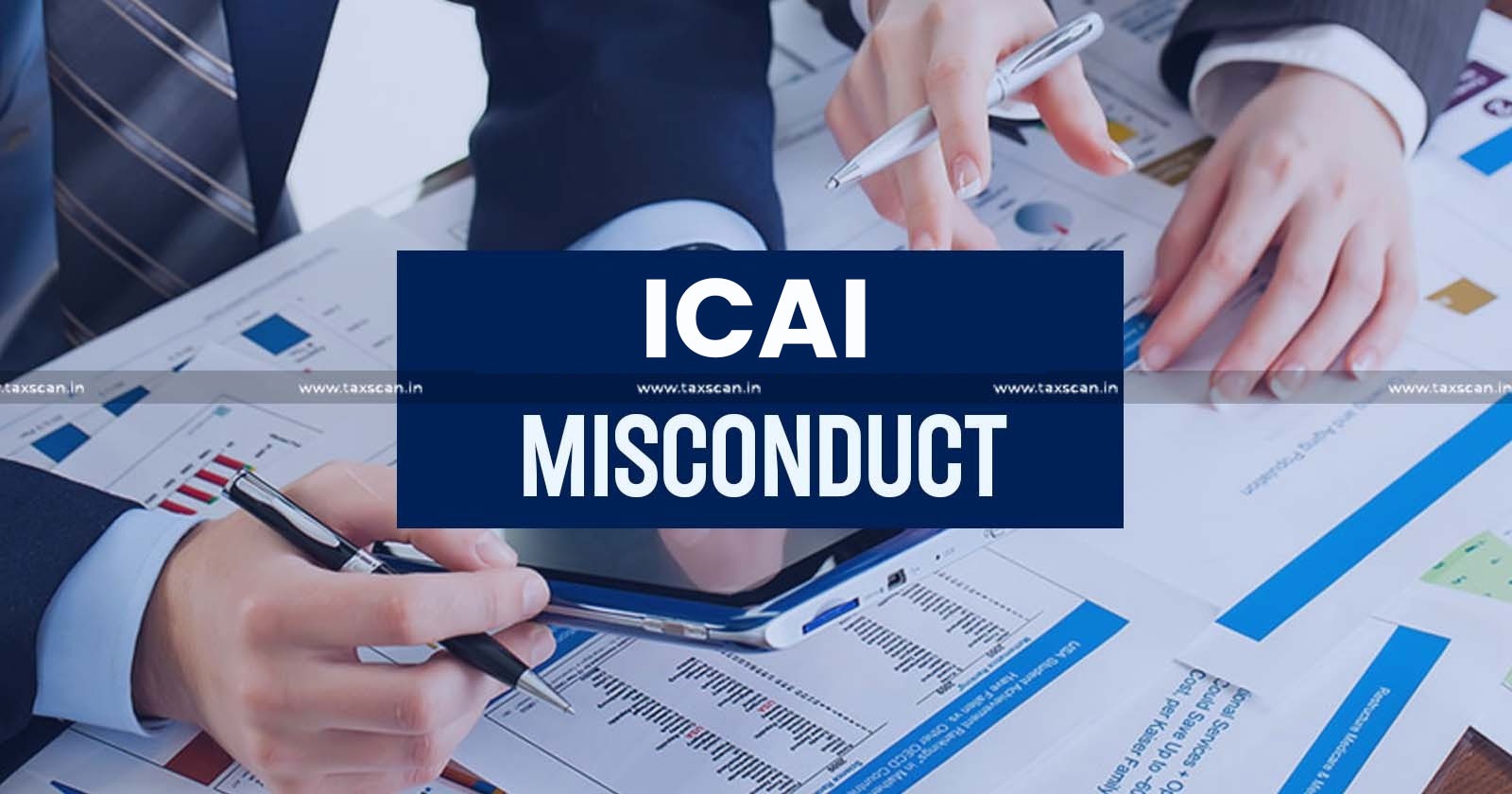Tarun Agarwala, J.@mdashIt transpires that an advertisement dated 6.6.2000 was issued by the Principal of Janta Inter College, Indrapur, district Gorakhpur, inviting applications for an appointment on a Class-IV post. The petitioner applied and was selected by the selection committee on 28.6.2000. The Principal forwarded the necessary documents, on the same date, to the District Inspector of Schools for granting financial approval of the appointment of the petitioner. Since no financial approval was granted by the District Inspector of Schools, Gorakhpur, the Principal issued an appointment letter dated 16.5.2001 appointing the petitioner as a Class-IV employee. On 16.12.2001 and again on 29.1.2002, it transpires that the Principal of the College issued further reminders to the District Inspector of Schools, Gorakhpur to grant financial approval to the appointment of the petitioner. It transpires that the District Inspector of Schools made an inspection and while perusing the attendance register made an endorsement on the attendance register on 31.5.2002 holding that the petitioner was appointed without seeking previous approval and directed the Principal to strike off the name of the petitioner from the attendance register. By an order dated 20.7.2002 the Principal informed the petitioner that his name has been struck off from the attendance register. Consequently, the present writ petition had been filed for the quashing of the order dated 31.5.2002 passed by the District Inspector of Schools, Gorakhpur as well as the order of the Committee of Management.
2. Heard Sri Arvind Srivastava, the learned counsel for the petitioner and Sri Chandrachurd Pandey, the learned counsel appearing for the respondent No. 4 and the learned Standing Counsel appearing for respondent Nos. 1,2 and 3.
3. The learned counsel for the petitioner submitted that the Principal by a letter dated 28.6.2000 had sought previous permission from the District Inspector of Schools, Gorakhpur, which remained pending and therefore, the appointment of the petitioner was deemed to have been approved by the respondents. In this regard the learned counsel for the petitioner has relied upon a decision in
4. In my opinion, the contention of the learned counsel for the petitioner is devoid of any merit. Regulation 101 of Chapter III of the Regulations framed under the Intermediate Eduction Act, reads as follows :
101. Appointing Authority except with prior approval of inspector shall not fill up any vacancy of non- teaching post of any recognised aided institution :
Provided that filling of the vacancy on the post of Jamadar may be granted by the Inspector.
5. The aforesaid provision provided that the appointing authority would not fill in any vacancy of a non-teaching staff except with the prior approval of the inspector. Therefore, previous approval is necessary for filling up the vacancy. Regulation 101 prohibits filling up of the vacancy of a non-teaching staff before taking prior approval from the Inspector. The reason for seeking previous approval is, to safeguard the interest of the dependants of the teachers and other employees under the provisions of the Dying in Harness Rules for whom a provision for compassionate appointment has been made under Regulation 103 to 106 of the Regulations. Consequently, whenever a vacancy occurs, an intimation is required to be given to the District Inspector of Schools about the vacancy and in the event, if a candidate is available to be appointed on compassionate grounds under Regulations 103 to 106, in that eventuality, the District Inspector of Schools instead of granting approval to the Principal to make an appointment, can make a recommendation to the Principal to appoint a candidate on compassionate ground. This seems to be the plausible intention of the legislature in requiring previous approval to be obtained from the District Inspector of Schools before making an appointment.
6. In the present case, from the record, it transpires that no previous approval was sought from the District Inspector of Schools before making an advertisement. In my opinion, previous approval under Regulation 101 is required to be taken before issuing an advertisement for filling up the vacancy. Previous approval is required at this stage and not at the stage when a candidate is selected after the advertisement. In the present case, no permission was sought from the District Inspector of Schools, Gorakhpur, prior to the issuance of the advertisement. The Committee of Management has also filed a counter affidavit and has nowhere stated that previous permission was taken from the District Inspector of Schools, Gorakhpur or that they had applied for permission before issuing the advertisement. Consequently, the appointment of the petitioner was ex-facie in violation of Regulation 101 of the Regulations. Consequently, no financial approval could be accorded by the District Inspector of Schools, Gorakhpur.
7. The learned counsel for the petitioner, in the alternate, submitted that the provisions of seeking previous approval from the District Inspector of Schools, Gorakhpur, was only directory in nature and not mandatory in nature and an appointment made without seeking previous approval was only an irregularity which could be cured by making the appointment valid from the date of approval given by the District Inspector of Schools, Gorakhpur. In my opinion, the submission of the learned counsel for the petitioner is devoid of any merit.
8. In
The language of the regulation is clear that appointing authority shall not fill any vacancy in non-teaching staff of a recognised aided institution except with the prior approval of the inspector. Two words in Regulation 101 are important. The use of word "shall" makes it obligatory for the appointing authority, before filling the vacancy of non-teaching post to obtain prior approval of the inspector. The use of word "except" mandates the appointing authority not to till the vacancy without obtaining prior approval of the inspector. The question which arises is that what is the import of word "shall" and "except" used in Regulation 101. When the Legislature or the rule-making authority uses the word "shall", normally it is used in imperative or mandatory sense. After reading the provision. It has to be culled out as to whether word "shall" has been used in mandatory or directory sense.
9. Similar view was again held in Sharda Prasad Yadav and Ors. v. District inspector of Schools, Deoria and Ors. 2002 5 AWC 3822. Consequently, the contention of the learned counsel for the petitioner that the provision is directory in nature, is devoid of any merit.
10. The contention of the learned counsel for the petitioner that the appointment made by the Principal without seeking previous approval is only an irregularity, is patently misconceived. Since, the provision is mandatory, previous approval is required to be taken before making any appointment and an appointment made in violation of the provision is void and such irregularity cannot be required or rejected by granting post facto approval. In Regional Joint Director of Eduction, Agra and Ors. v. Sri Raju V. Jhon 2005 5 ESC 2323, a Division Bench of this Court held that where an appointment was made without taking previous approval from the District Inspector of Schools, the said appointment was void and that the appointment does not confer any right upon the appointee. In view of the aforesaid, the contention of the learned counsel for the petitioner is devoid of any merit.
11. The learned counsel for the petitioner, lastly submitted that an opportunity of hearing ought to have been provided before striking off the name of the petitioner from the attendance register and in the absence of giving an opportunity of hearing, the impugned order was violative of Article 14 of the Constitution of India. In my opinion, if an appointment is made against the provision of the Act and is ex-facie illegal, the said appointment is void ab-initio and no notice or opportunity of hearing is required to be given, as held by the Supreme Court in
12. In view of the aforesaid, the petitioner is not entitled for any relief. The writ petition fails and is dismissed.

